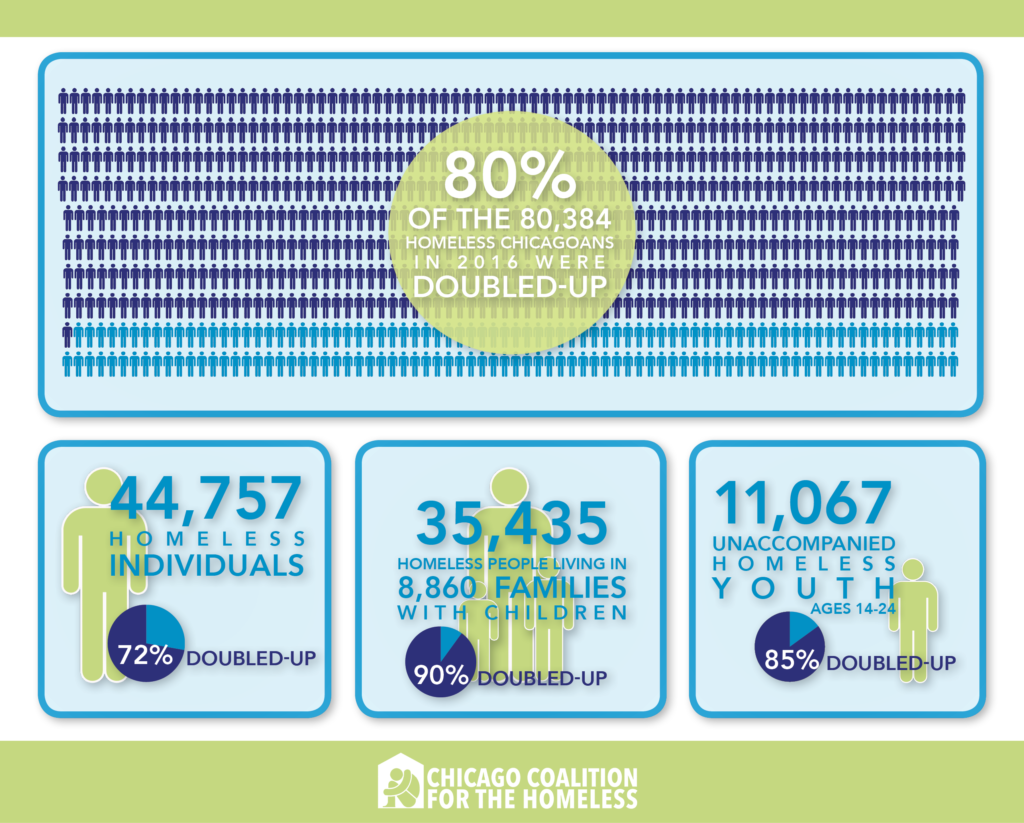Released by the Legal Council for Health Justice
Attorneys on behalf of thousands of low-income people filed a motion in court on Wednesday to enforce federal law and the state of Illinois’ agreement to process Medicaid applications in a timely fashion. The attorneys charge that the state is violating both federal law and and Illinois court order by significantly delaying Medicaid applications and denying residents access to health coverage.
The motion, filed in U.S. District Court in Chicago, asks the court to enforce an existing consent decree that requires the state to determine eligibility for Medicaid within federal timelines, and to offer temporary medical assistance to people whose application nonetheless pend beyong the federal time limits. The advocates allege the state is woefully behind in its processing and has not offered temporary medical assistance as a solution.
“I’ve represented a multitude of youth clients experiencing homelessness, many of whom have significant physical and mental healthcare needs, who are going without access to care for months,” said Tanya Gassenheimer, youth health attorney at the Chicago Coalition for the Homeless. Gassenheimer, who helps youth experiencing homelessness apply for Medicaid and file appeals with DHS regarding any issues with those applications, filed a declaration in the motion. “My clients rely on programs like Medicaid for survival. These issues are simply inexcusable and it’s well past time for DHS to act.”
Under federal law, the state of Illinois is required to process most applications for Medicaid — the federal-state program that provides health coverage to roughly 3 million Illinoisans — within 45 days. Pursuant to the existing consent decree in Cohen v. Wright, if a determination has not been made in that period, the state must notify applicants that they are eligible for temporary coverage and promptly provide it if requested.
Yet as detailed in declarations filed by enrollment assisters and healthcare providers, the Illinois Department of Human Services (DHS) is months behind in processing applications and has also stopped sending notices offering temporary eligibility. As a result, tens of thousands of low-income people throughout Illinois are being denied medical care. Among the widespread suffering and hardship, pregnant women are giving birth without health coverage, people facing mental health crises are missing treatment, and children with serious medical conditions are forgoing crucial medication.
“The state of Illinois is clearly in violation of federal law and thousands of Illinoisans are suffering gravely because of it,” said Carrie Chapman, director of advocacy at Legal Council for Health Justice, one of the organizations that helped file the motion. “DHS must provide our clients with access to the care they need and are legally entitled to — we simply can’t wait any longer.”
Plaintiffs allege that delays in processing Medicaid applications have worsened in the last several months, and that eligible individuals are routinely waiting for three to six months to have their applications processed and approved. The lawsuit comes after lawyers representing the plaintiffs tried for months to resolve the issues without legal action, but were unable to compel DHS to comply.
The plaintiffs are also represented by attorneys from the Sargent Shriver National Center on Poverty Law and Sidley Austin LLP.
“People with low income need healthcare coverage to stay healthy and pursue financial security,” said Stephanie Altman, senior director of policy and healthcare justice at the Shriver Center. “By restricting access to vital care, the state of Illinois is jeopardizing both the short- and long-term well-being of our clients.”
Read the motion filed here.
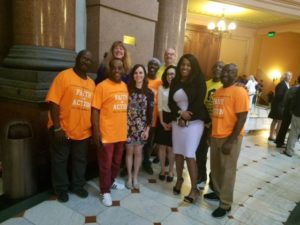

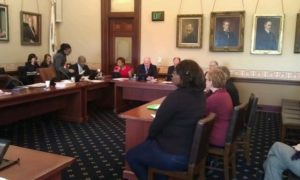
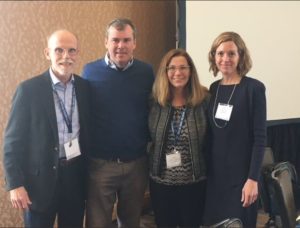
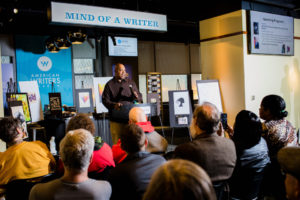
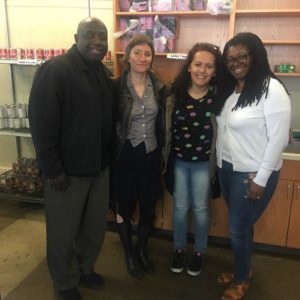
 civic-minded leaders from across sectors selected for region’s most prestigious civic leadership development program
civic-minded leaders from across sectors selected for region’s most prestigious civic leadership development program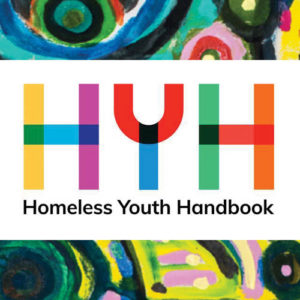 The Law Project has published an online update of the Illinois Homeless Youth Handbook, collaborating again with attorneys from Baker McKenzie and United Airlines.
The Law Project has published an online update of the Illinois Homeless Youth Handbook, collaborating again with attorneys from Baker McKenzie and United Airlines.